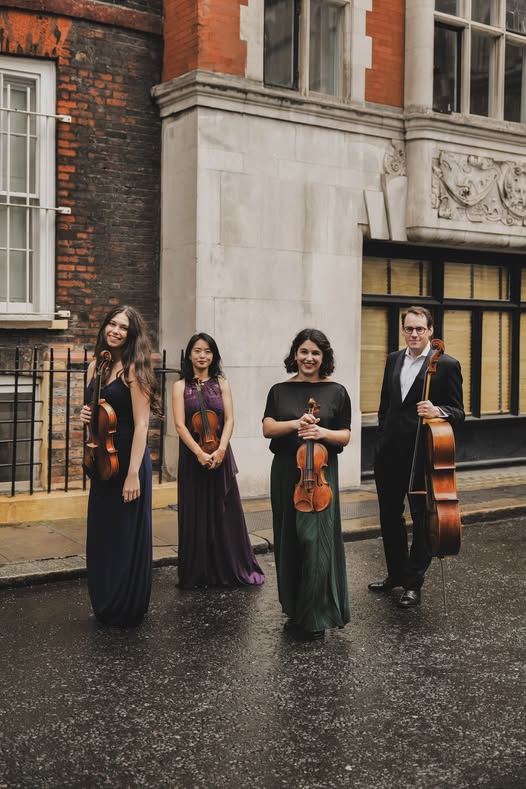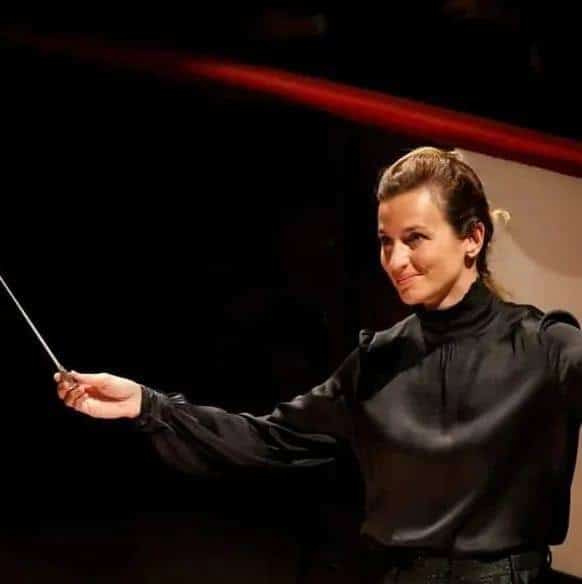Religion and the ideal orchestra
mainCriticising Daniel Barenboim’s East West Diwan orchestra of young Arab and Israeli players is not something many reviewers are prepared to do. The Diwan brings together musicians from either side of the Middle East divide and the playing is, when I have heard it, of a very high youth-orchestra standard. These young artists are playing for peace on earth and goodwill for all mankind, and reviewers treat them as if they were Mother Teresa.
So praise be to Fiona Maddocks who, in today’s Observer, detects a flaw in the enterprise that runs deeper than ‘rough ensemble and problems with tuning’. You can read her whole review here, but allow me to quote the salient passage:
It has been reported that some Muslim players in the orchestra were observing Ramadan by fasting until nightfall. It is interesting to note, in turn, that none of the Jewish players were observing the Sabbath. I have read no comment on this discrepancy. In a conflict that is avowedly faith-based, does one faith matter more than another?
She has a point, and a very strong one. All creeds are respected in the orchestra’s mission statement, but where some Moslem players maintain their observances and their pride in an ethical heritage, none of the Jewish Israelis, least of all their secular conductor, appears to show more than liberal disdain for the archaic rules of a discarded faith culture.
This is a serious shortcoming. Religious faith of all degrees, from mild affinity to wild fanaticism, lies at the heart of the Middle East conflict. If the Diwan does not represent all forms of faith, its role in the peace dialogue cannot be more than an ephemeral gesture.





I disagree profoundly. Religious observances can be met by individuals, or not; any other attitude goes straight to the problems of the Middle East. Does the orchestra schedule anything on the Sabbath or on a religious holiday? If so, why? Such a band should observe all the holidays equally, never mind what the individuals do.
The observance of religious ritual is a matter of the particular players’ choices. If there are among the Israeli players none who are religiously observant that is no one’s choice but their own, unless, of course, there were religiously observant musicians who were not selected for this orchestra.
What, pray tell, does this wrinkle have to do with the quality of the group’s playing? # # #
You think she has a strong point? I think her point is completely daft. Yes, exactly right – religion is indeed at the heart of the Middle East conflict, at the heart of most conflict throughout history in fact. And that’s a good reason to drag it into an orchestra that’s breaking down cultural barriers and providing the opportunity for Muslims and Jews to make music together, in spite of their religious differences? If the Muslim musicians are observant and the Jews are secular, or atheist(or ultra-orthodox for that matter), it’s nobody’s business but theirs and doesn’t alter the orchestra’s mission in any way.
The claim is a trivial piece of gossip based, at best, on hearsay.
To say that “. . . . some Muslim players in the orchestra were observing Ramadan” suggests that others weren’t.
So? It might even reflect the fact that about a third of e.g. Palestinians are nominally Christian.
“It is interesting to note, in turn, that none of the Jewish players were observing the Sabbath.”
Er, no, the Jewish players were not observing the Sabbath in the manner that Fiona Maddocks deems appropriate.
Whether they felt they were doing the right thing (presumably by playing on the Sabbath) is not known. Some of them could perhaps not care less about religious rules. Is that not as much their right as it is the right of others to observe ritual? Should they quit the band or refuse to play on Friday nights on that account?
“I have read no comment on this discrepancy.”
That’s possibly because there is no discrepancy worthy of comment.
To say that the Middle East conflict is “avowedly faith-based” is a fatuous over-simplification. It is compounded by prescriptive nit-picking about how musicians should conduct themselves.
The orchestra is, after all, called the “West-Eastern Divan Orchestra” not the “Muslim-Jewish Orchestra”.
I agree with Elana Newman – the point is no point at all. Among the Muslims, Christians and Jews in the Diwan Orchestra, some are “observant” and many are not. Among the former, the probihition on eating during the day for Muslims during Ramadan does not create any conflict whatsoever with rehearsal or concertizing. Playing music on Friday for Muslims and Sunday for Christians is not a problem. Among many observant Jews, there is a definite clash between Shabbat on Saturday and rehearsing or playing music. As far as I know, Diwan Orchestra concerts are scheduled to avoid days of serious religious observance – Shabbat for Jews, holidays for the others – that would conflict with any of the 3 religions.
NL: Mr Golan, you have missed the point. The Diwan Orchestra played at the BBC Proms on Friday night and Saturday. For Jews in the orchestra this was Sabbath. There may be a myth that the Diwan avoids religious conflicts, but the reality is exactly as Ms Maddocks stated in her review.
For years people said: “Religion is at the heart of the Irish troubles.” It turned out, thousands of deaths later, that religion had little to do with it! It was about raw politics: discrimination, injustice, colonialism and poverty.
Once those matters were addressed – carefully, sensitively, with quiet determination on both sides – a deal was struck. Oh, and large amounts of British, American and EU money thrown at the poverty.
The same process is slowly getting underway in the Middle East, now the malign influence of GW Bush has been expunged. Obama is forcing the hard-liners on both sides, kicking and screaming, to the negotiating table.
“It’s all about religion” is an excuse used by the political right to do nothing, to let the killings continue, to pretend the problems are intractable, to set hares running about the wonderful Diwan.
I hope the eventual deal is struck on a Saturday and the Diwan immediately belts out Ode to Joy, scandalising every orthodox Jew in the world. REALLY, these warmongering fundamentalists mustn’t be allowed to get away with it. Enough killing, enough excuses. Just do the deal and let the Diwan play!
The “serious shortcoming” here is to judge these people by their observance or otherwise. That an orchestra can exist (regardless of standard) in that geopolitical mess, where observant Muslim, non-observant Muslim, observant Jewish, non-observant Jewish, observant Christian and non-observant Christian players coexist, is a lesson to all.
הַלְלוּהוּ, בְּתֹף וּמָחוֹל; הַלְלוּהוּ, בְּמִנִּים וְעֻגָב.
The question is does any of this really matter? It’s perhaps a nice gesture for this band to show how Arabs and Jews can coexist but the reality of the situation brings a different end. It would be great for everyone to live in peace I’m just not sure how feasible that is.